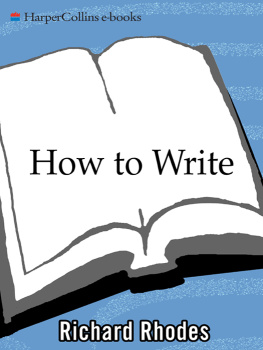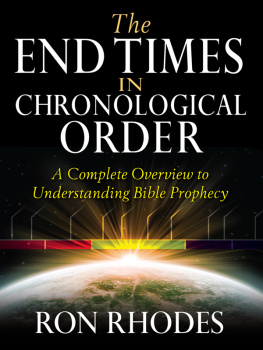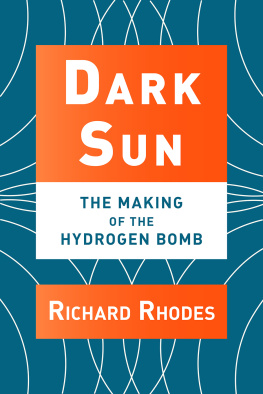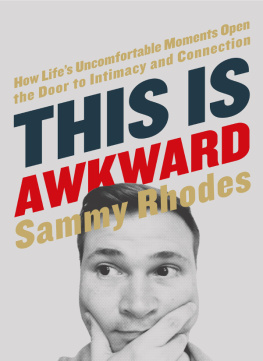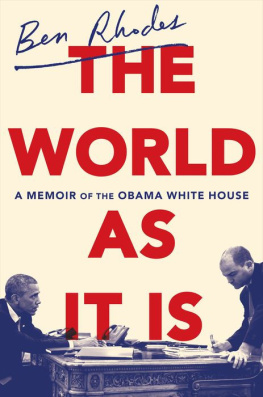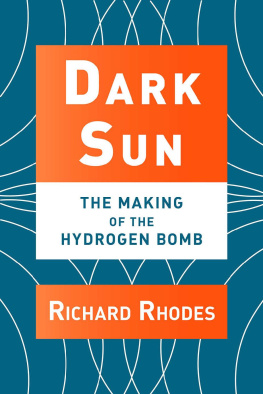I f you want to write, you can. Fear stops most people from writing, not lack of talent, whatever that is. Who am I? What right have I to speak? Who will listen to me if I do? Youre a human being, with a unique story to tell, and you have every right. If you speak with passion, many of us will listen. We need stories to live, all of us. We live by story. Yours enlarges the circle.
There are more ways to tell a story than there are stories to tell; a story is a map, and maps always simplify. You write a story whenever you put words on papereven filling in a license form. A love letter or a business letter, a novel or a narrative, a short story or a news story, a screenplay, a song lyric, a family or scholarly history, a legal brief, a technical manual, a biography or an autobiography, a personal journal, a scientific paper, a photo caption, an essay, a poem, a sermon, advertising copy, schoolworkall these and many others are forms of story you may wish to write.
The challenge is to get from where you are to where you want to be. That probably wont be easy or quick. Writing is work, hard work, and its rewards are personal more than financial, which means most people have to do it after hours. But if writing is work, learning to write isnt necessarily painful. To the contrary, silence is pain that writing relieves. Our uniqueness isolates us. Writing, we make our way out of our isolation onto the commons that we share. Its an emotional experience. You stumble gibbering into the valley of the shadow; you pull yourself hand over hand to ecstatic heights. Beyond those terrific passages gathers the community of readers, an open, world community of peoplemen, women, and childrenwho want and need to hear.
Writing is only one kind of making. Loving, raising children, doing the work that buys our groceries, are kinds of making as well. But because writing is structured from a common code, its more durable than the private events that fill our lives. Books know no hierarchy and abolish space and time. We read Montaigne and know what it was like to be Montaigne, four hundred years ago, and may at least hope that someone will read us and know us four hundred years hence. Only temples and pyramids enjoy such permanence as writing enjoys. Human memory is the only certain immortality; books are memorys hard copy. Presidents and royals may read your work, your great-grandchildren, devoted fans in Red Rock, Arizona, or Timbuktu. The Iliad has been sung for three thousand years.
Writers are people who write. If you need a place to begin, begin there. Years ago, I came off active duty in the United States Air Force with a pregnant wife and one hundred dollars to my name. I was living in Kansas City at the time and found work at Hallmark Cards, writing the daily employee newspaper. A poet who made his living teaching English told me scornfully that such writing was drivel and Id be better off driving a cab. But five mornings a week by 10 A.M. I had to fill two sides of an 8-by-II sheet of paper with newsof promotions and retirements, of corporate doings, of births and marriages and deaths. The forms of the stories I wrote were highly stylized, the contents carefully censored, but every morning by 10 A.M . I had to get the Spain to the front line. At Yale I had chosen not to take the only creative writing course the university offered, which was called Daily Themes and which required a page of original writing delivered to the instructors door every morning, five days a week. Now Hallmark was paying me to double that production. (The poet would say theres no comparison. Hed be wrong. Every form you learn to write, no matter how mundane, is another tool in your kit.) I worked in the Hallmark public relations department for a man named Conrad Knickerbocker, the public relations manager, who had already begun publishing book reviews and fiction. After I got to know Knick a little, I asked him timidly how you become a writer. He said more pungently what I wrote at the beginning of this paragraph. He said, Rhodes, you apply ass to chair. I call that solid-gold advice the Knickerbocker Rule.
But I was afraid, as you may be afraid. Who was I? What right had I to speak? My fear manifested itself as creative paralysis. In those days I was trying to write fiction. I could write the Hallmark employee newspaper, the sales bulletin, the employee magazine, and product press releases day in, day out almost without faltering, but if I began a short story or worked on a novel in the evening at home I drifted into trance states and couldnt push through, couldnt continue and finish. I had writers block before I became a writer. Nor was the quality of what I was writing even close to what I wanted it to be. I wrote Joycean or Faulknerian pastiches; when I tried to write in my own voice I overworked my sentences to the point of affectation. I was three hands clapping. I was too tight.
My immediate personal problem was post-traumatic stress disorder left over from a time of childhood abuse. You may not suffer from such a condition, but many people who want to write have difficulties getting started similar to mine. I know because I notice their response in the audience when I lecture about writing and mention fear: they look relieved. Most of us were punished for telling stories when we were children, which inhibited verbal invention with a flinch of shame. We learned in school that the rules of language are rigid and the standards of literature insurmountably high. So we storied away effortlessly among ourselves but went blank when the teacher asked us to open our notebooks and write. Unless youre a paragon of self-confidence, such conditioning has its effect on you. Nor does society encourage the buoyant hypnotic state where the creative imagination floats. I was a little worse. I was afraid that if I let out my rage I would somehow destroy the world.
Writing was the answer for me. Somewhere within me I seem to have known that. If you want to write, you may feel that writing is the answer for you as well. I find at least partial explanation for this sense of calling in the literature of suffering. The suffering such works report is extreme and the power of narrative therapeutic, as I will illustrate, but even at everyday levels of experience or up along the curve at the other extreme of celebration, the process of writing is always a healing process because the function of creation is always, always , the alleviation of painthe writers, first of all, and then the pain of those who read what she has written. Imagination is compassionate. Writing is a form of making, and making humanizes the world.
Thus, in his extraordinary book, Achilles in Vietnam , about treating Vietnam veterans for combat post-traumatic stress disorder, the physician Jonathan Shay reports that narrative heals:
Severe trauma explodes the cohesion of consciousness. When a survivor creates fully realized narrative that brings together the shattered knowledge of what happened, the emotions that were aroused by the meaning of the events, and the bodily sensations that the physical events created, the survivor pieces back together the fragmentation of consciousness that trauma has caused. Such narrative often results in the remission of some symptoms. Narrative enables the survivor to rebuild the ruins of character.
The concentration camp survivor and psychotherapist Viktor Frankl, in a book I cherish, Mans Search for Meaning , quotes Spinoza to wider and more general effect: Emotion, which is suffering, ceases to be suffering as soon as we form a clear and precise picture of it. That tragic and courageous insight saved Frankl from despair at Auschwitz and Dachau, as he describes in his book. He applies Nietzsches aphorism concretely, and his application sounds like Jonathan Shays narrative:

